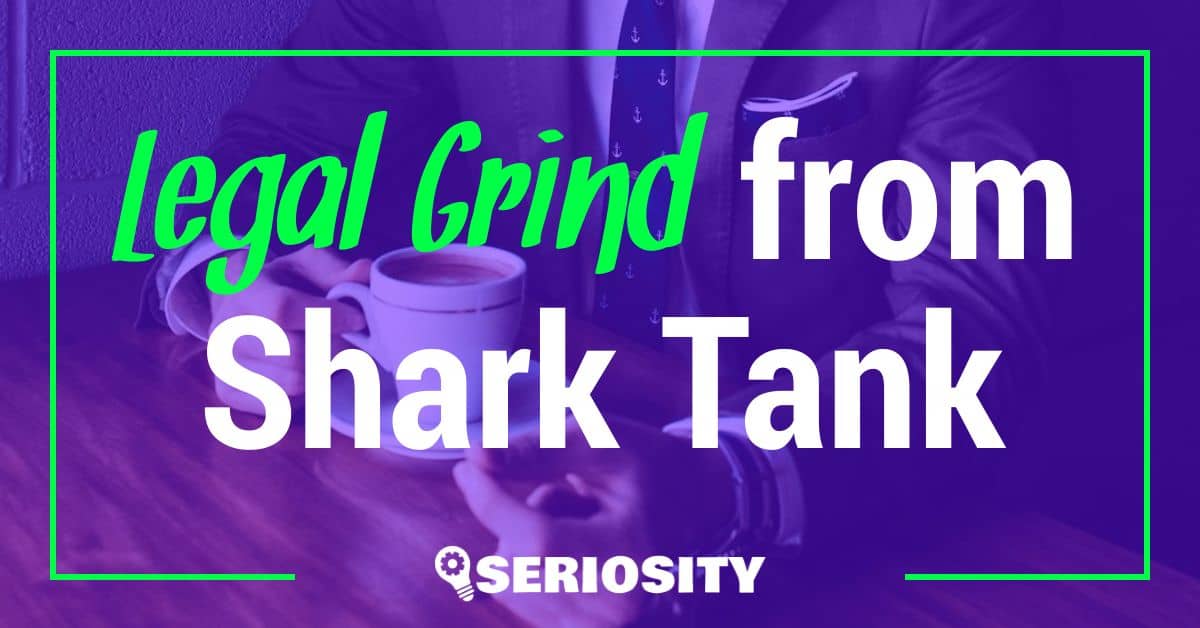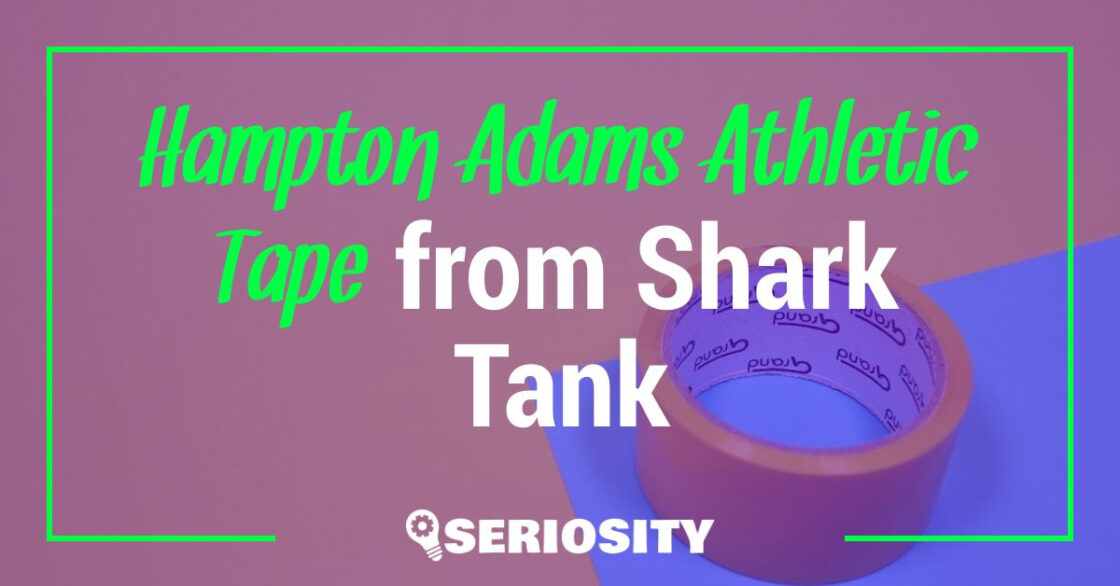Legal Grind is a firm that has combined two discrete perspectives into a single business idea: coffee and law. That said, Legal Grind is a coffee shop that serves fresh coffee to its customers daily but also specializes in providing legal help to customers with issues such as divorce or child support who can’t hire expensive lawyers themselves.
Legal Grind provides legal help from professional lawyers at the coffee shop. The customers can also meet the lawyers at their workplace or home at their convenience and satisfaction.
Most people who don’t know the rules and regulations of court and are appearing for the first time struggle with the basics of the law. To facilitate them, the specialists at Legal Grind help those people to get them aware of all the technical education related to law and also assist them in preparing the paperwork required to bring to court.
It is prevalent these days to find a coffee shop at every corner of the street, but a coffee shop where alongside a cup of coffee, you can get low-cost legal advice from professional lawyers as well? That’s not common.
With the same mentality, former law student Jeff Hughes alongside his wife Anne Hughes, made their way to Shark Tank to present their company in hopes of gaining a good investment for their business expansion.
With the unique perspective of “coffee and counsel,” Jeff started Legal Grind to provide legal help to people from low and middle socioeconomic classes to receive the best legal assistance at affordable commissions.
Jeff is a certified attorney with the sole purpose of finding a way that makes it easier and convenient for him to access quality law professionals who can provide maximum help to potential people.
This idea of Jeff’s gained a lot of social media attention, increased the hope of people who couldn’t afford expensive lawyers, and encouraged them to visit Legal Grind to get the legal help they needed.
Jeff Hughes and Anne Hughes appeared on Shark Tank seeking an investment of $200,000 in response to 15% shares of their company.
The founder of Legal Grind, Jeff Hughes, was a bright law student who passed the law bar exam on the first attempt. But that achievement didn’t prove to be a good start for him as he struggled with unemployment and failed to get a job for himself as the economy at that time was experiencing ups and downs hence was an unpredictable circumstance for Jeff.
However, since his teenage years, Jeff had a passion and dream to open his coffee shop one day. Therefore, when he couldn’t see his future as a law professional, he pushed hard to open his coffee shop in Santa Monica.
The coffee shop business went on smoothly, making considerable profits daily. However, Jeff observed that while serving coffee, many people, after getting to know him as a lawyer, opened up to him about their problems which required legal assistance. They told how expensive lawyers are and the struggles in hiring a reasonable, affordable attorney.
This made Jeff come up with the opinion of bringing up his law expertise in a helpful way to help his customers and many other local people who have such issues and want legal help.
Therefore, along with some additional legal associates, Jeff upgraded his coffee shop to be a legal ground for those with unmet legal issues. The cost of legal help depends on each client’s case type. Appropriate discounts and compensations are provided to the less privileged community.
When asked why his target population is the middle and lower class, Jeff replied that he belongs to the middle class and is aware of the struggles the middle class faces in having the perfect legal aid.
Further in the presentation, Anne stated that Legal Grind uses and sells its trademark coffee with its patent. The menu at the coffee shop is exquisite, and the meals are freshly made and affordable for everyone.
Therefore, with the investment from Shark Tank, Legal Grind will be franchised and open outlets in various states of America.
The Shark Tank judges thought the company’s idea was unique, but for them, it didn’t promise any positive outcome in the future. For the judges, the idea seemed merely a concept rather than an actual operating business and, after seeing the prices, remarked that no lawyer would give even 5 seconds of legal advice at those minimal costs.
The judges also asked why they opened a coffee shop when they could have simply opened a law firm dealing with only legal-related issues. On this, Jeff replied that lawyers, with their high prices and corruption, had created a negative impact and impression on the local community, and people don’t find lawyers trustable enough. Hence, he wants to change this perspective and induce a more positive and friendly image of lawyers and their profession through his coffee shop.
However, the Legal Grind owners failed to get an investment from the Sharks as their idea was not credible enough.
Legal Grind is still operating through its website, providing legal advice to hundreds of people. However, the physical location of the coffee shop is closed now.
Our Review of Legal Grind
Legal Grind was undoubtedly a unique concept, but it needed more polishing to make it look workable and predictable.
Pros of Legal Grind
- Affordable legal services
- Freshly brewed coffee anytime you want during your sessions.
- Friendly approach with no discrimination based on socioeconomic status.
Cons of Legal Grind
- Confidentiality issues
- Most lawyers assisting in Legal Grind are based on referrals banned in the United States.
Who Is It For?
Legal Grind is for people belonging to lower or middle economic backgrounds who also want to have a chance to get professional legal services for their problems on an affordable budget.
Are There Any Alternatives?
Legal Grind has three main competitors in its market: Petersen Law, Calegal 1, and Bruce Verhoeven Foundation.
Our Final Thoughts
The concept behind establishing Legal Grind was worthy enough, and it gained a lot of social media reach and positive reviews from its customers.
However, the company’s entrepreneurs could have done thorough research on market compatibility and the reliability of their company before appearing on Shark Tank. If they had had better ideas to make their company a successful franchise, they should have thought of some innovative ideas rather than just sticking to what they originally had.





